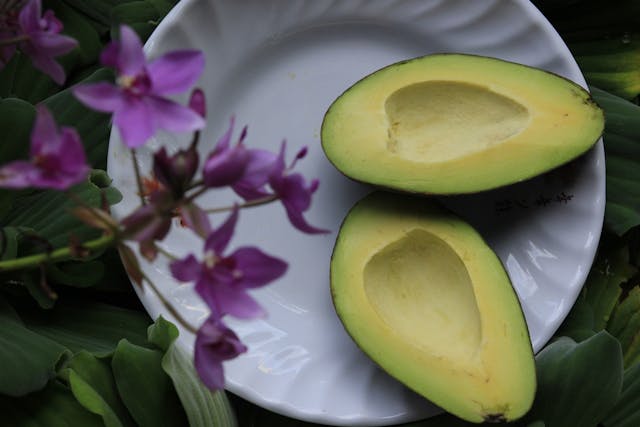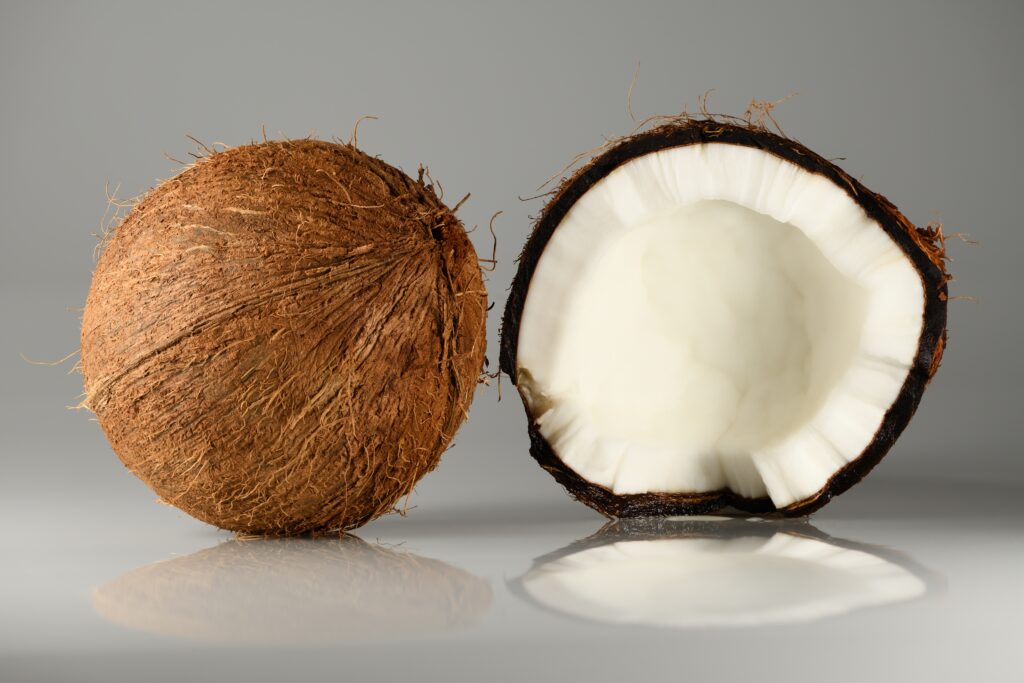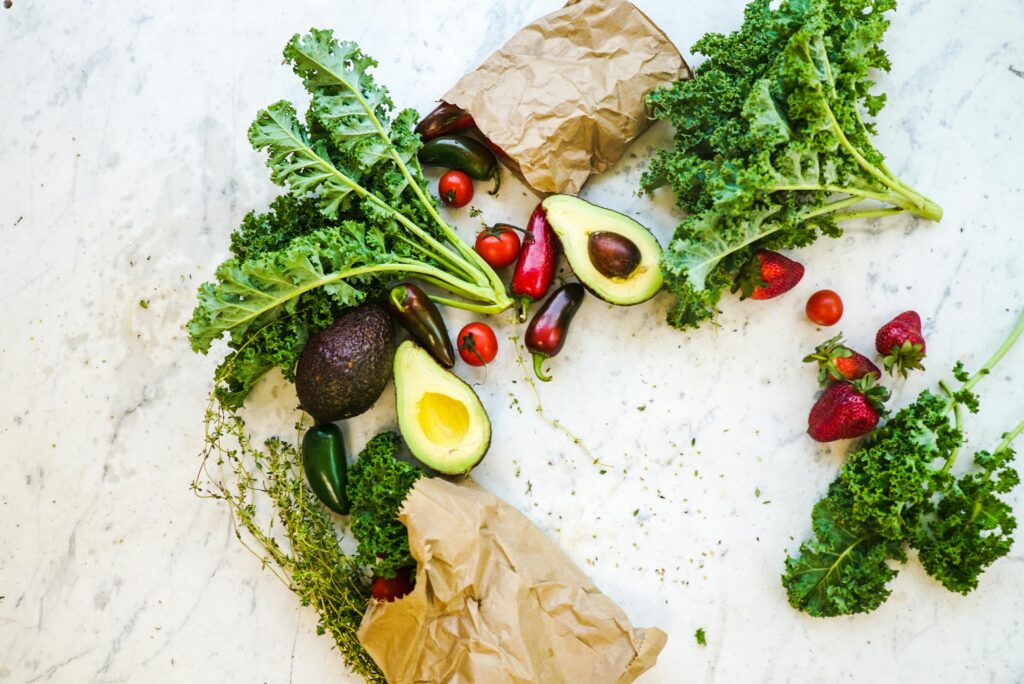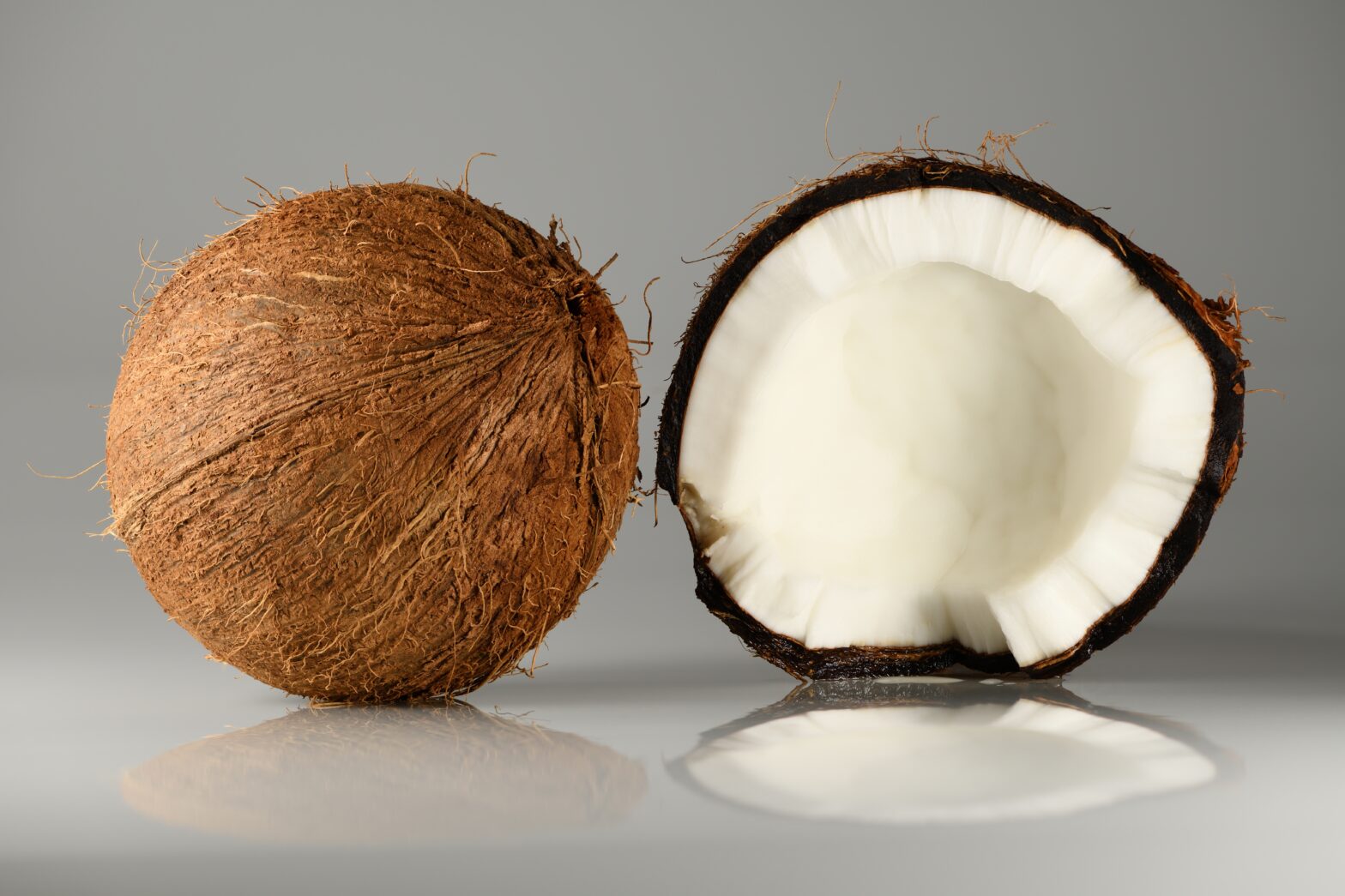Plant-Based Saturated Fats For Kids Introduction
Hey there, young food explorers! Today we’re looking at nutrients in plant-based saturated fats. Some yummy plant-based foods have a food product called saturated fat in them.
Now, sometimes people hear “fat” and think it’s bad, but it’s a bit more complicated than that! Let’s dive into how these fats can affect our bodies, both in good ways and ways we need to be a little careful about.
Table of Contents
What Are Plant-Based Saturated Fats?
One type of fat is called saturated fat. Think of it like a more “solid” kind of fuel. Some of the foods we eat that come from plants have this kind of fat in them.
Now, not all plant foods have a lot of saturated fat. Things like watery fruits and leafy vegetables have very little. But some plant foods have more. Here are a few examples we talked about:
- Coconut oil: This oil is pretty solid at room temperature, and it has a good amount of saturated fat.
- Palm oil and Palm Kernel oil: These are also quite solid and have a lot of saturated fat. They come from palm trees.
- Cocoa butter: This is the fatty part of chocolate and makes it solid. It has saturated fat.
- Avocados: These creamy green fruits have some saturated fat, but they also have lots of other good fats and vitamins.
- Coconut (the white part): The white flesh of a coconut has some saturated fat in it.
- Some nuts like macadamia, cashews, and Brazil nuts: These have smaller amounts of saturated fat compared to the oils.
- Durian: This spiky fruit has very little saturated fat.
- Vegetable shortenings: These are often made from plant oils that are changed to become solid, and they can have a good amount of saturated fat.
So, plant-based saturated fats are just the saturated fats that come from plants. They are different from the fats you find in things like butter or meat, which come from animals.
It’s important to remember that our bodies need some fat to work properly, but eating too much of the “solid” kind, like saturated fat, over a long time might not be the best for our hearts. That’s why it’s good to eat a mix of different kinds of healthy foods, including fruits, vegetables, and some healthy fats in moderation!

The Good Side of Some Plant-Based Saturated Fats
Some of the fats we find in plants can actually be helpful! These include avocados and nuts. They have some saturated fat, but they also have lots of other good nutrients like vitamins, minerals, and fiber.
Fiber helps us feel full after eating. Fiber is also great because it keeps our energy levels steady. The fats in avocados and nuts can also help our bodies take in certain vitamins, kind of like a little helper carrying the vitamins where they need to go.
Coconut oil, for example, has something called lauric acid. Some studies suggest that lauric acid might help our bodies fight off tiny invaders like bad bacteria. That’s pretty cool!
Plant-Based Saturated Fats Alerts
Now, some plant-based saturated fats can have some downsides. This is especially true when we eat too much of them, Now think about coconut oil, palm oil, and vegetable shortenings which are often used in baking. These plants have have higher amounts of saturated fat.
Eating too much saturated fat over a long time can sometimes lead to a buildup of plaque in our blood vessels. Think of plaque like sticky gunk that can slowly narrow those blood vessel “pipes,” making it harder for blood to flow smoothly. This is why eating too much saturated fat isn’t great for our heart health over time.
Imagine your blood vessels like pipes that carry blood around your body. If too much of this plaque builds up, it can make the pipes narrower, and it’s harder for the blood to flow. This isn’t good for our hearts. Scientists are still learning all about this, but many agree that eating a lot of saturated fat isn’t the best for our hearts in the long run.

Food Processing Practices Can Alter Plant-Based Saturated Fats!
The way our food is made, or processed, can also change the fats inside. For example, some vegetable oils go through a lot of steps to become solid shortenings. These processes can sometimes create something called “trans fats.” Trans fats are generally not good for our health. Therefore, it’s always a good idea to check food labels to see what kind of fats are in our snacks and meals.
Natural plant-based fats, like those in a whole avocado or a handful of nuts, are usually less processed and come with more good nutrients. Therefore it is a great idea to select plant food sources over processed foods in packages and cans.
Cooking with Plant Fats: It’s All About the Properties!
Did you ever wonder why some oils are liquid at room temperature and others are solid? That’s because of the different kinds of fats they have!
- Coconut oil and palm oil are pretty solid at room temperature. This makes them useful for some kinds of cooking and baking. For example, coconut oil can be great for making crispy treats or for cooking at higher temperatures.
- Cocoa butter is what makes chocolate solid and gives it that melty feel in your mouth. It’s super important for making yummy chocolates and desserts!
- Avocados, in their natural form, aren’t really used for cooking in the same way as oils. But their creamy texture and healthy fats make them awesome for things like guacamole or spreading on toast. You usually don’t heat them up too much.
- Nuts like macadamia, cashews, and Brazil nuts have their fats inside them. We usually eat them as snacks or add them to dishes for crunch and flavor. The fats give them a rich and satisfying taste.
- Durian is a fruit with a unique smell and taste. It has some fat, but people mostly eat it as is, not really for cooking oil.
- Vegetable shortenings are made to be solid and are often used in baking to make things like pie crusts flaky. However, as we learned, some can have those not-so-great trans fats, so it’s good to be mindful of them.

Nutritional Composition Of Selected Plant-Based Saturated Fats
Table 1 shows that all of the saturated fats are high in calories. Here is what that means for people with diabetes. Calories are nutrients that your body uses for energy. It’s like gas in a car.
When you eat foods with carbohydrates (like bread, pasta, fruits, and sugary snacks), your body breaks them down into this sugar, and that makes your blood sugar go up. It’s like pouring more gas into the car’s tank.
Saturated fats, even the ones that come from plants (like in coconut oil or palm oil), are a different kind of fuel. Your body uses them for energy too, but it doesn’t break them down into sugar. So, eating these fats doesn’t directly make the amount of sugar in your blood go up in the same way that eating a slice of cake would.
Think of it this way: if carbohydrates are like adding more sugar directly to your bloodstream, saturated fats are more like adding a different kind of energy source that your body can use, but it doesn’t turn into sugar right away.
However, even though saturated fats don’t directly raise blood sugar, eating too much of them can still be unhealthy in other ways, like we talked about with your heart. Also, foods that have saturated fats in them might also have carbohydrates or sugars. For example, a coconut cookie might have saturated fat from the coconut oil and sugar and flour (which turn into sugar). So, it’s the whole food we need to think about, not just the saturated fat by itself.
Table 1: Nutritional Composition Of Selected Plant-Based Saturated Fats
| Plant-Based Saturated Fat | Saturated Fat (g per 100g) | Calories (per 100g) | Calories (per 1 Tbsp) | Calories (per 1 Cup) | Glucose (g per 100g) |
| Palm Kernel Oil | 81.5 | 884 | 119 | 1994 | 0 |
| Coconut Oil | 82.5 | 862 | 117 | 1939 | 0 |
| Cocoa Butter | 60 | 574 | 77 | 1292 | 0 |
| Vegetable Shortening | Varies (often around 50-60) | ~884 | ~119 | ~1994 | 0 |
| Palm Oil | 49 | 884 | 119 | 1994 | 0 |
| Coconut (flesh, raw) | 33 | 354 | ~53 (per ounce, approx. 2 Tbsp shredded) | ~168 (per cup shredded) | 6.23 |
| Macadamia Nuts | 12 | 718 | ~107 (per ounce, approx. 2 Tbsp chopped) | ~850 (per cup whole) | 4.0 |
| Brazil Nuts | 7.6 | 656 | ~98 (per ounce, approx. 2 Tbsp chopped) | ~780 (per cup whole) | 2.3 |
| Cashews | 7.8 | 553 | ~83 (per ounce, approx. 2 Tbsp whole) | ~660 (per cup whole) | 5.91 |
| Avocado | 2.1 | 160 | 24 (per 1/5 medium) | ~384 (per whole medium, varies) | 0.44 |
| Durian | ~0 | 147 | ~22 (per average seed, varies greatly) | ~237 (per cup, varies greatly) | 9.61 |
The Big Picture: Balance is Key!
So, are plant-based saturated fats good or bad? The answer is… it depends! Some, like those in avocados and nuts, come with a whole package of goodness. Others, especially when we eat a lot of them or when they are heavily processed, might not be the best for our hearts in large amounts.
The most important thing is to eat a balanced variety of foods. Enjoy those avocados and nuts! Use coconut oil and palm oil in moderation. You can also a grown-up to help you check the labels on things like vegetable shortening to see if trans fats are inside.
By eating a mix of fruits, vegetables, whole grains, and different kinds of fats in reasonable amounts, we can help our bodies stay healthy and strong! Remember, food is fuel, and choosing the right kinds helps us go the extra mile!
